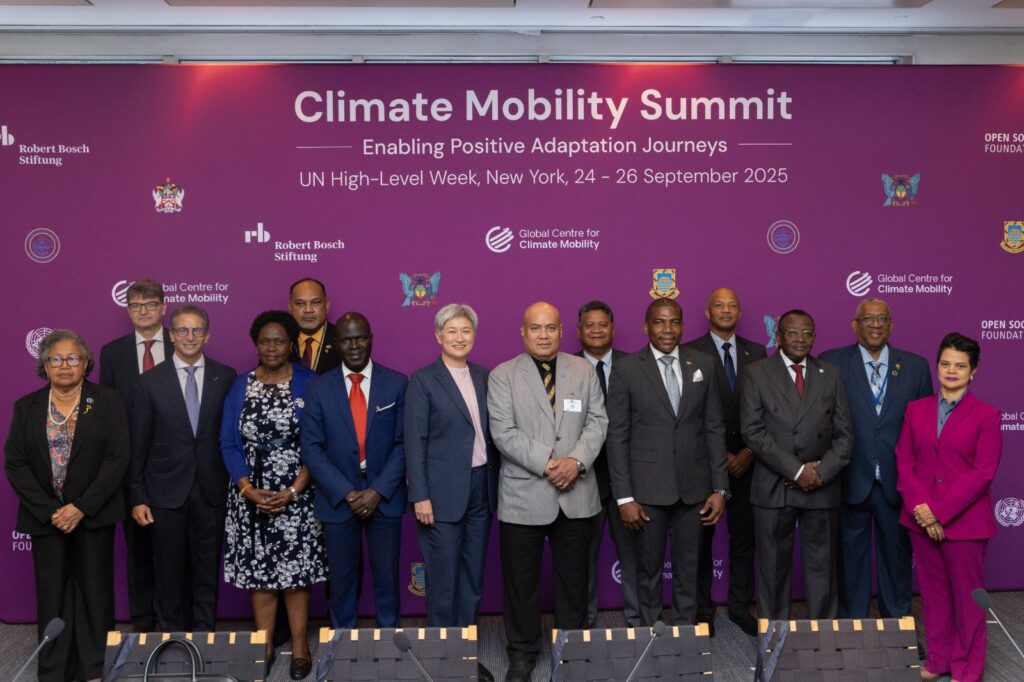FDA Recommends Harmonizing Primary and Booster COVID-19 Vaccinations with Updated Formulation.
The Food and Drug Administration’s (FDA) vaccine advisory panel unanimously recommended standardizing COVID-19 vaccines to the updated bivalent formula, which targets both the original strain and the BA.4 and BA.5 omicron subvariants. This recommendation aims to simplify vaccination procedures and reduce public confusion surrounding the various available vaccine formulations. While the FDA isn’t obligated to follow the panel’s guidance, it typically does. The shift would mean phasing out the original monovalent vaccine, despite its demonstrated effectiveness against symptomatic infections. The committee emphasized the importance of streamlining vaccine composition to encourage uptake, particularly as the bivalent booster has already been authorized for individuals as young as six months, administered at least two months after a primary series or prior booster.
This recommendation arose from the complexity of the current vaccination landscape, where multiple formulations exist, causing confusion among the public and healthcare providers. Committee members stressed that simply having vaccines available isn’t enough; their effective utilization hinges on clear and straightforward guidelines. By standardizing the vaccine to the bivalent version, they hope to address this confusion and improve vaccination rates. Furthermore, the updated formula is designed to provide broader protection against prevalent circulating strains, making it a more effective tool in combating ongoing transmission.
Importantly, the committee acknowledged that the transition to using the bivalent vaccine for the primary series would likely take time. They cautioned against delaying vaccination to await the updated shot, urging individuals to proceed with the currently available options to ensure timely protection. This pragmatic approach seeks to balance the benefits of standardization with the immediate need for widespread immunity. The panel highlighted the importance of not letting perfect be the enemy of good, especially given the dynamic nature of the virus and the continuous emergence of new variants.
Meanwhile, new data from the Centers for Disease Control and Prevention (CDC) offers encouraging news regarding the effectiveness of the bivalent boosters. Analysis indicates that these updated vaccines maintain efficacy against symptomatic infections caused by the XBB.1.5 omicron subvariant, a prominent circulating strain. Specifically, the bivalent booster demonstrated roughly 50% effectiveness against symptomatic illness caused by both BA.5 and the XBB lineage, including XBB.1.5. This finding suggests that the current vaccines continue to provide significant protection, even against emerging variants. The CDC’s study examined data from a large sample of adults, excluding immunocompromised individuals, and focused on symptomatic cases defined by the presence of one or more COVID-19 symptoms.
This sustained efficacy against XBB.1.5 is particularly noteworthy, given concerns about the variant’s ability to evade immunity. The CDC’s research demonstrates that the bivalent boosters provide additional protection against symptomatic XBB.1.5 infections for at least three months following vaccination. This finding emphasizes the importance of staying up-to-date with recommended boosters to maintain optimal protection against evolving strains. The study reinforces the value of the updated vaccine formula in addressing the ongoing challenge of variant emergence.
In essence, the FDA advisory panel’s recommendation and the CDC’s findings represent significant developments in the fight against COVID-19. The move towards a standardized bivalent vaccine promises to simplify vaccination procedures and improve public understanding, while the demonstrated efficacy of the updated boosters against emerging variants, such as XBB.1.5, underscores the importance of continued vaccination efforts. This two-pronged approach – streamlining vaccine administration and maintaining effective protection against evolving strains – is crucial for managing the ongoing pandemic and mitigating its impact. The convergence of these developments signals a shift towards a more manageable and adaptable vaccination strategy, better equipped to address the ever-changing landscape of the virus.
Share this content:












Post Comment